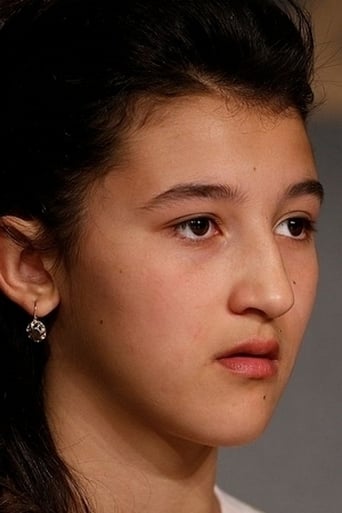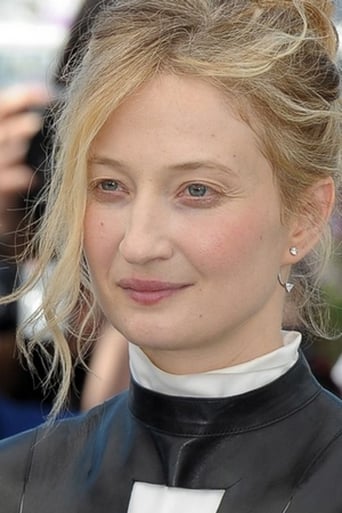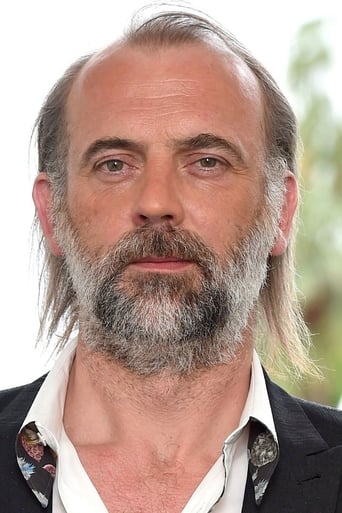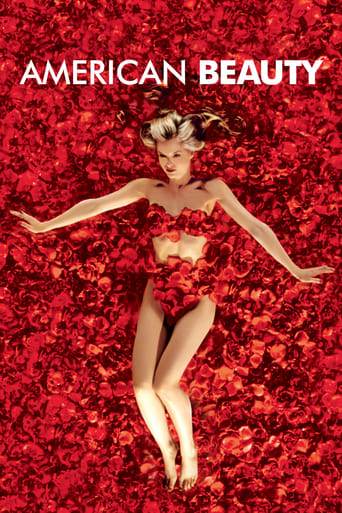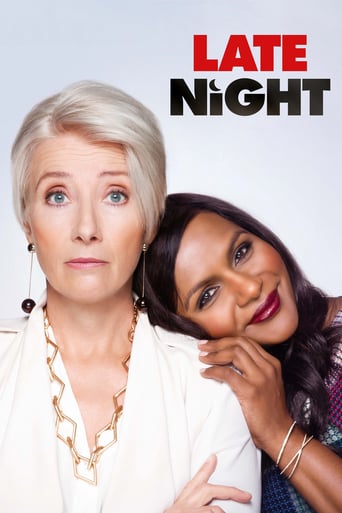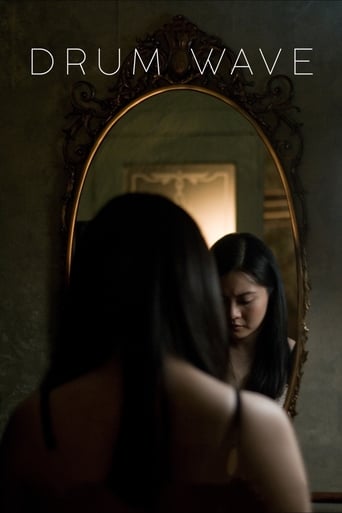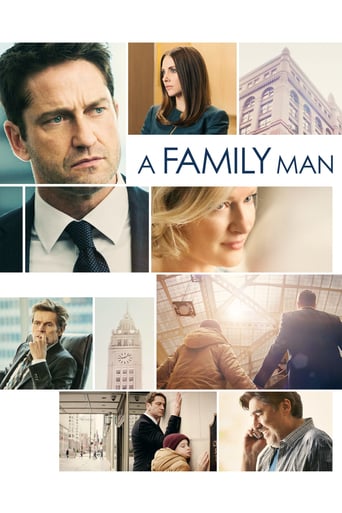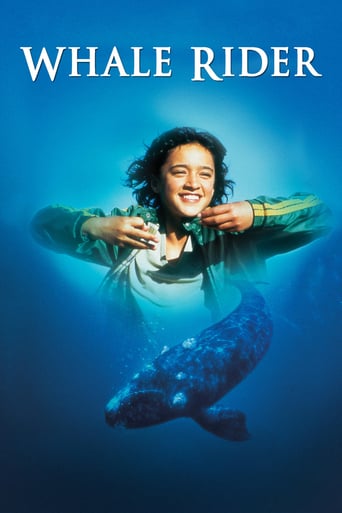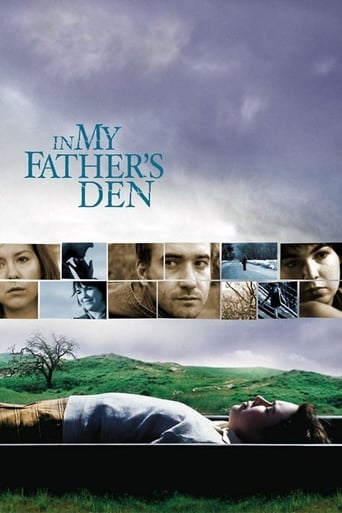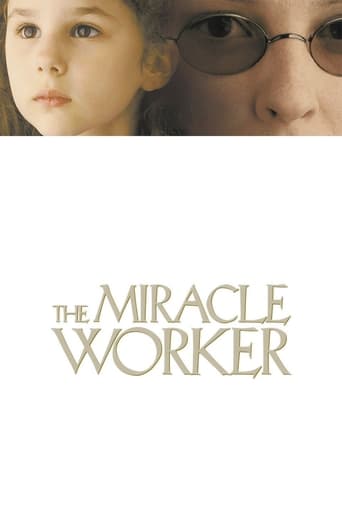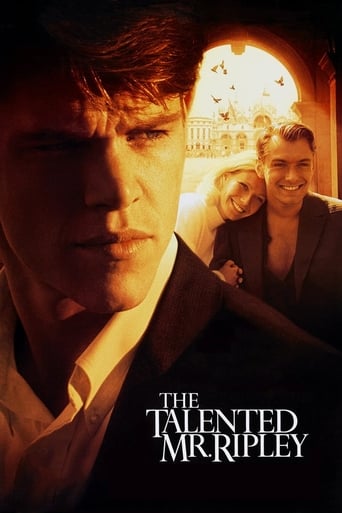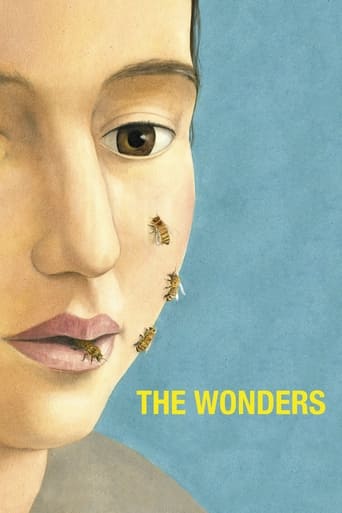
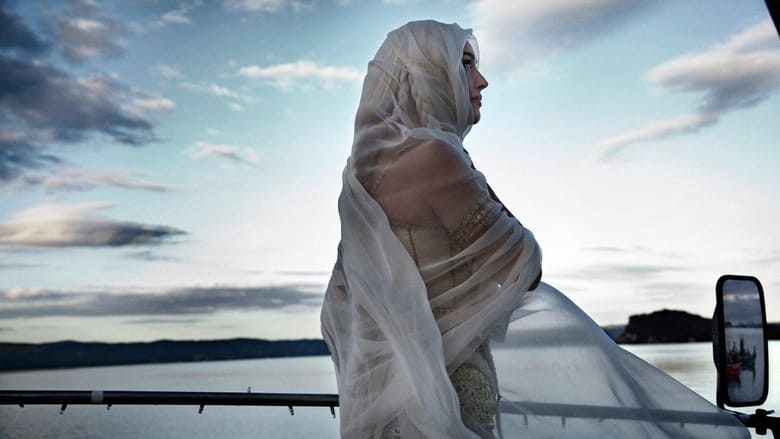
The Wonders (2014)
Gelsomina’s family works according to some special rules. First of all, Gelsomina, at twelve years of age, is head of the family and her three younger sisters must obey her: sleep when she tells them to and work under her watchful eye. But the world, the outside, mustn’t know anything about their rules, and must be kept away from them. They must learn to disguise themselves.
Watch Trailer
Cast


Similar titles
Reviews
The Worst Film Ever
Redundant and unnecessary.
Good story, Not enough for a whole film
Good concept, poorly executed.
Chanelling both Olmi and Fellini, Alice Rohrwacher's "The Wonders" represents Italian cinema at its best. Like Olmi's "Tree of Wooden Clogs" or more recently, Frammartino's "Le Quattro Volte" it's another classic picture of rural life with a touch of late Fellini thrown in, (in the form of the slightly surreal television competition that gives the film its name).It's about a family of bee-keepers, struggling to make a living in Etruscany. The German father is something of a wastrel, the mother has mostly given up and it's left to the oldest daughter to hold things together. The writer and director Alice Rohrwacher, it was only her second feature film, neither romanticises or sentimentalises their situation and the film works both as a rural idyll and another wonderful addition to the cinema of childhood, (the adults seem to be figures in the background). Intelligent and very moving.
Italian director Alice Rohrwacher's sophomore feature, the Grande Prix winner in Cannes 2014, THE WONDERS is a semi-autobiographical essay, tells the story of an Italian family of beekeepers, the patriarch Wolfgang (Louwyck) is (supposedly) of German descent, with wife Angelica (Alba Rohrwacher, Alice's elder sister) and their four daughters, the eldest one is Gelsomina (Lungu), who is on the cusp of puberty, together they live in the countryside of Etruscan area.Gelsomina is the main help of Wolfgang in apiculture, but once they bump into a TV crew shooting a show called "The Land of Wonders", where a competition of products from local farmers is held up, it can bring handsome prize-money to the hard-up family, it piques her interest while Wolfgang is (inexplicably) strongly against the idea. Meanwhile the family accepts to allow a juvenile delinquent Martin (Huica), who is arranged by the so-called Second Life organisation, to work on the farm in exchange for some income, Martin doesn't speak Italian and seems to be autistic, still and all, he is a boy. Wolfgang's undisguised preference of Martin over her in beekeeping, sores the sensitive Gelsomina, and she fills an application on behalf of their family to compete in the TV show without telling anyone.Drama, accident, emotion and mystery are intermittently jammed into Rohrwacher's poetic and fly- on-the-wall approach of the rural life she is familiar with. Sceneries are primarily shoot in available light, an opening gambit with a long take sustained only by the headlights of approaching vehicles out of the pitch black, manifests her aesthetic philosophy and sets the overall tonality, so no picturesque bucolic landscapes to take viewers' breathe away, instead, Rohrwacher painstakingly taps into the ethereal aura of Etruscan myth, setting the TV competition inside a cavern, forging Martin's unexplained disappearance in the necropolis area (later hinged with the equally unexplained affinity between him and Gelsomina) and the finale, an existential allegory (the ill- fitting camel gets up and moves out of the frame, so is their family workshop, cannot stay in business in the climate). All burnish the picture with a primitive sheen which is so out of tune with our era, and the ultimate sentiment is uniquely personal.Defying empathy and involvement, THE WONDERS is not ambitious to tell a nostalgic story, it merely introduces the vignette of a family once lived on the farm, there was a girl who has bees coming out of her mouth and a boy accompanies her with a melodious whistle.As an art-house project, it is disheartening to notice Monica Belluci's thankless participation here as the beautified anchorwoman Milly, sporting a gaudy wig and being idolised by amateur child actors, it is a frustrating strategy of celebrity placement, a false advertisement, which is as shameless as dragging Juliet Binoche into her five-minutes presence in blockbuster GODZILLA (2014). There is some mettle wanting in this case, as a young female writer/director, Alice Rohrwacher has a long and tough battle to fight as a trailblazer for women in the ultra- exist Italian film industry.
For a film about a simple Italian beekeeping family there is a wealth of depth and imagination. I personally wasn't a fan of the visuals, editing, and cinematography; but the screenplay was phenomenal, the acting was superb, and the story struck at the heart of family life amidst difficulty. I don't know much about Italian lore and history, but I would guess this film is some kind of modern take on an ancient Etruscan fairy tale. A struggling rural family with scores of problems is almost entirely dependent on the oldest daughter to provide. In order to help her family, she calls on the help of a fairy. In this case, the fairy is the host of a prize show. All in all, it's a brilliant revision of folklore. It goes to show that moral messages of ancient stories apply just as much to us today as they did to ancient civilizations 2700 years ago.
Saw this at the Film Fest Ghent 2014, expecting something remarkable or novel, given what Cannes jury had to say about it. Alas, for me it failed on several counts, mainly because I don't think that throwing in an ample variety of ingredients does produce a good stew. It seems that the film makers tried to follow a complicated recipe, but could not come to a consistent and balanced product. The best example of something completely out of tune was the bee produced by Gelsomina out of her mouth on two occasions, the last one as part of the TV show she signed up her family for. It should be possible to find something better for this purpose, and still having a relationship with their bee keeping business where it was all about.The synopsis on the festival website stated that Gelsomina was the center of the bee keeping business, and particularly the honey extraction process, but I found that not so clearly shown while watching the movie. Yet she is mentioned several times as "head of the family", while all signs seem to point in different directions. Also, when the boy Martin is introduced, everyone points to Gelsomina as the responsible person, and again I don't understand as it is the father who introduced the boy in the first place. I apparently did miss something important.An annoying aspect of this movie is that it happened a few times that the scenery jumped to several hours later in time, without being clear about the change. For example: after the day that the boy was lost on the island, we suddenly see Gelsomina in action on the farm, requiring us to take some time noticing we are at a different time and place now, and adjust our focus accordingly. It happened to me several times, but this was the most prominent occurrence that I still remember.While this film's Grand Prize of the Cannes jury rises expectations, I'm disappointed because of my overall feelings that the end product is not in any way remarkable, all things considered. It happened many times before that I didn't agree with festival juries, however, so this may become a fact of (my) life. It may be so that the jury admired the portraying of life on a farm, being a non-issue for me grown up on a farm myself. So all the tedious tasks and the inherent dangers in animals and machinery were merely deja-vu for me, nothing out of the ordinary. Similarly, the mixed household and the assortment of very different people having to work together, is normal on a farm and standard operating procedure. In other words, I'm prejudiced in duplicate, on one hand to find something that the Cannes jury found remarkable, on the other hand seeing a portrait of farming that offers nothing special for me. I'm inclined to forget about the jury and let aforementioned faults weigh in to arrive at a negative conclusion.


